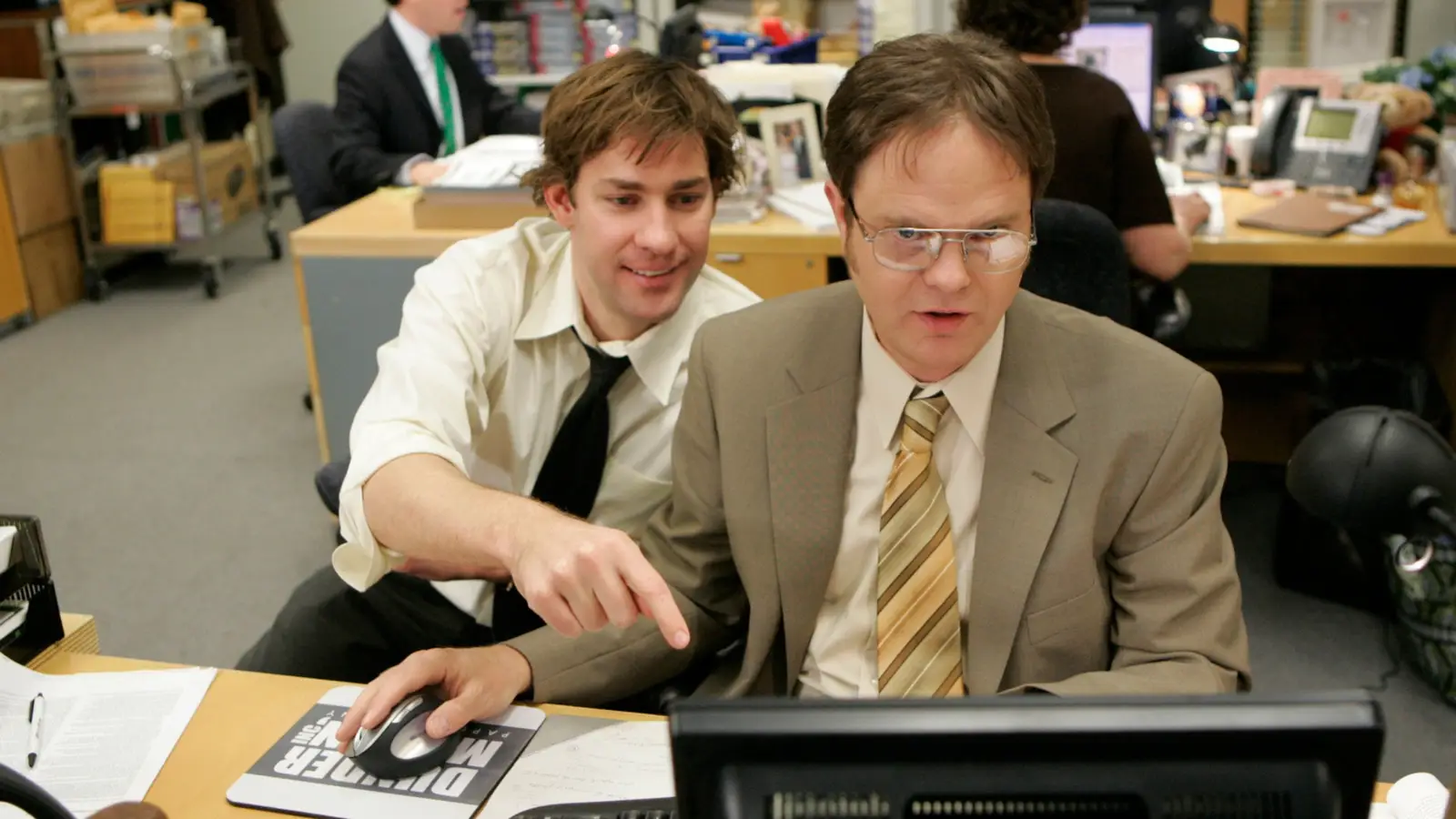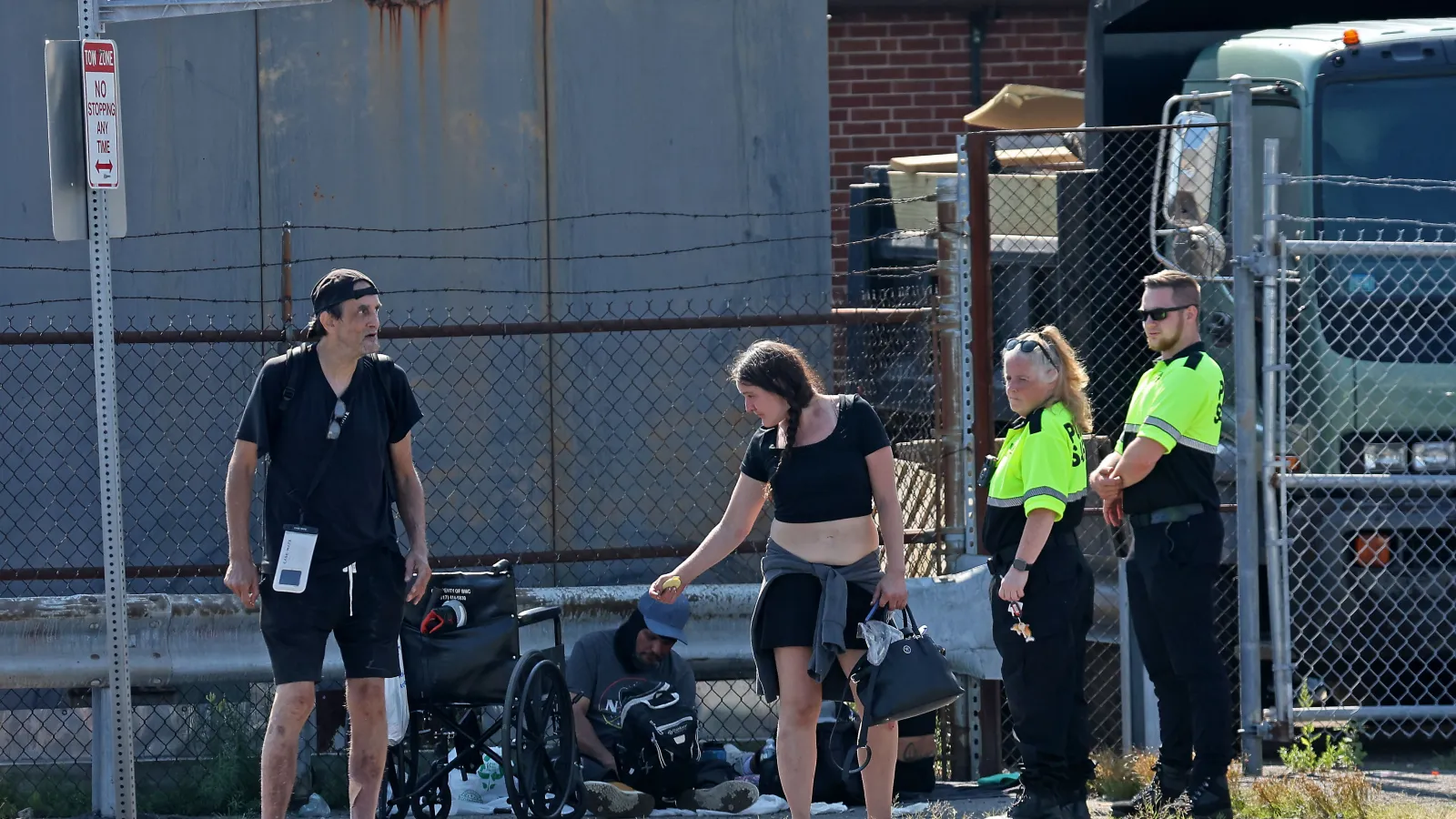Copyright Screen Rant

Every fan of The Office knows that NBC’s hit mockumentary sitcom was an adaptation of the British original of the same name. The Office creator Greg Daniels adapted the show from the UK series created by Stephen Merchant and Ricky Gervais (who also served as executive producers for the US version). The result was one of the most successful sitcoms of all time, a workplace comedy that became a pop culture staple. With the release of the short-lived The Office Australia in 2024 and 2025’s spinoff The Paper, The Office continues to grow as a full-fledged franchise. However, what many fans might not realize is that The Office has been adapted internationally many times. Including the UK, US, and Australian versions, there are 15 versions of The Office in total, spanning 11 languages and countless paper suppliers (and other types of businesses too). Each international version of The Office brings something unique to the table, offering new takes on David Brent, Michael Scott, and the world’s most awkward workplaces. The Office UK (2001-2003) The Office may be a global sensaion in the 2020s, but it all began in Slough, Berkshire. Created by Stephen Merchant and Ricky Gervais, the original The Office followed David Brent (Ricky Gervais), the cringeworthy regional manager of Wernham Hogg Paper Company. With only 12 episodes and two specials, it became a British comedy classic known for its painfully awkward humor, dry wit, and groundbreaking mockumentary style. Unlike later adaptations, the UK version’s bleak realism and understated tone made it feel painfully true to life. Gervais’s performance as Brent redefined cringe comedy, influencing an entire generation of sitcoms. The show’s bittersweet ending and subtle character arcs set a new standard for TV comedy, and paved the way for The Office to go global. Stromberg (2004-2012) Germany’s Stromberg took The Office formula and ran with it for an impressive eight years. The show’s lead, Bernd Stromberg (Christoph Maria Herbst), managed Capitol Insurance instead of a paper company, but his insufferable management style was instantly recognizable to fans of David Brent and Michael Scott. While the mockumentary format stayed intact, Stromberg leaned harder into dark, cynical humor than its British or American counterparts. It became one of Germany’s most acclaimed comedies, even spawning a feature film in 2014. Its longevity proved that The Office’s DNA could survive even the most ruthless corporate cultures. Os Aspones (2004) Brazil’s Os Aspones (short for “Os Assistentes de Porra Nenhuma”, which literally translates to “The Assistants of F*** All”) offered a fresh Latin American spin on the workplace comedy formula. Airing on Rede Globo, the Portuguese language version of The Office centered around a group of lazy civil servants at a fictional government office rather than a corporate paper supplier. Instead of directly copying The Office, it adapted the concept of bureaucratic absurdity to local culture. Despite its strong cast, including Selton Mello and Andréa Beltrão, Os Aspones lasted only seven episodes. Critics found its satire biting but too dark for mainstream audiences. Still, it stands as one of the earliest attempts to reinterpret The Office’s mockumentary tone in a completely different professional setting. The Office US (2005-2013) Greg Daniels’ US remake of The Office transformed the quiet misery of the UK version into something warmer, goofier, and far more emotional. Steve Carell’s Michael Scott redefined the boss archetype; still cringe-worthy, but more lovable. The cast of The Office, led by Rainn Wilson, John Krasinski, Jenna Fischer, and Mindy Kaling, became household names. Over nine seasons, The Office US became a phenomenon. It perfected the mockumentary format, introduced heart to the chaos, and created iconic episodes like “Dinner Party” and “Threat Level Midnight.” Its massive streaming popularity years after its finale only cemented it as the definitive version for millions of fans worldwide. Le Bureau (2006) France’s Le Bureau, starring François Berléand as Gilles Triquet, premiered on Canal+ and brought a distinctly French sensibility to The Office. The show stayed close to the UK original’s tone but filtered its humor through French workplace culture. It was less deadpan, but much more socially awkward. While it didn’t enjoy long-term success (only one season was produced), Le Bureau was praised for its commitment to realism. It captured the absurdity of French office life - complete with endless meetings, coffee breaks, and bureaucracy - proving The Office’s humor could survive even the most rigid workplaces. La Job (2006-2007) La Job, the French-Canadian adaptation of The Office, aired on Radio-Canada after a short sting on Belle Satellite TV and introduced David Gervais (Antoine Vézina), a name nodding to Ricky Gervais himself. Set in Montreal, it followed a paper company just like its predecessors but leaned heavily on Quebecois humor and culture. While La Job didn’t achieve major success, it’s notable for being one of the most faithful adaptations to the original’s mockumentary structure. The show’s use of local slang and comedic timing gave it an identity separate from both the UK and US versions, even if it failed to reach their critical acclaim. La Ofis (2008) Chile’s La Ofis localized The Office concept for Spanish-speaking Latin American audiences, with a cast led by Luis Gnecco as Manuel Cerda, the Chilean counterpart to David Brent. The series replicated many storylines from the British original but adapted them for Chile’s business culture. The show earned mixed reviews but has since gained cult status among Chilean comedy fans. Its straightforward adaptation of the awkward humor and self-absorbed boss archetype resonated more over time, proving The Office’s universal culturally transcendent appeal. HaMisrad (2010-2013) A hit compared to many of the localized remakes of the show that struggle to last beyond a single season, Israel’s HaMisrad brought The Office to the Middle East, airing on YES Comedy. It starred Dvir Benedek as Avi Meshulam, an Israeli spin on David Brent. The show cleverly used local office politics and cultural quirks to build humor around bureaucracy and social hierarchies. HaMisrad was one of the longest-running Office remakes, lasting for four seasons. It balanced the trademark cringe with regionally relevant comedy, tackling everything from workplace dynamics to social identity, showing just how adaptable The Office’s format truly is. Kontoret (2012-2013) Sweden’s Kontoret starred Henrik Dorsin as Ove Sundberg, a character who later reappeared in the 2017 comedy movie Solsidan. The show aired on TV4 and put a Scandinavian twist on the familiar formula, swapping British gloom for Swedish minimalism (and also traded paper for corporate hygiene products). While critics were divided, Kontoret remains one of the funniest foreign takes of The Office thanks to Dorsin’s pitch-perfect awkwardness and the show’s sharp social commentary. The unique humor leaned into Sweden’s workplace equality culture, offering fresh, cringe-filled insights into corporate life in the Nordic world. Kanci (2013) The Czech Republic remake Kanci was a one-season experiment that reimagined The Office’s mockumentary style for a post-Communist workplace setting. The show’s main character, Marek (Václav Kopta), was a hilariously oblivious boss overseeing a small business where no one really wanted to work. While Kanci didn’t reach wide success, its balance of Czech humor with the bleak realism of office life made it one of the more culturally specific Office adaptations. It’s proof that every country can find its own David Brent or Michael Scott in its workforce.



